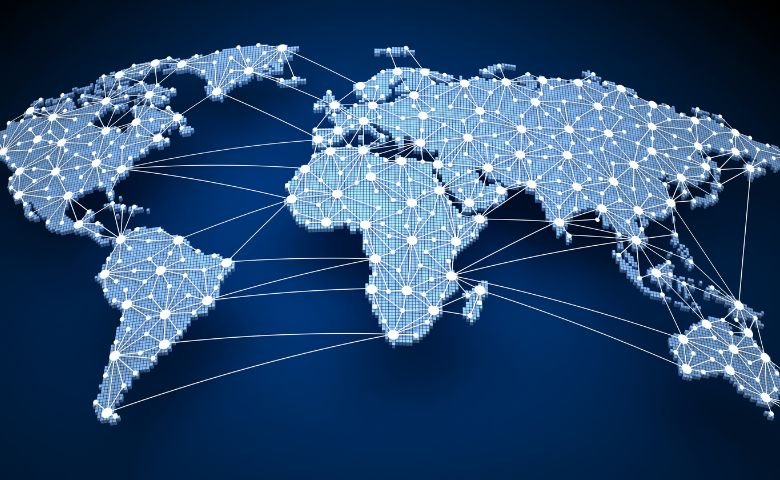- TV
How to Get Premium Channels with Your Cable TV Bundle?
Access to exclusive entertainment content is a priority for many viewers seeking a richer television experience. Premium chan...
Explore More
Despite their differences, "internet" and "World Wide Web" have come to mean the same thing in today's digital world. For successful navigation of the online sphere, it is vital to understand the distinctions between the two.
Millions of devices all around the globe are connected to the Internet. This includes laptops, cell phones, servers, and more. It allows for the sharing of knowledge and communication on a worldwide scale by facilitating data interchange using various protocols and technologies.
Conversely, the World Wide Web (WWW or Web) is an online information arena where users can view and exchange multimedia material, including websites, documents, photos, and videos. The foundation of this system is the Internet, and the hypertext transfer protocol (HTTP) provides its backbone for data flow between clients and web servers.
An early network that established the groundwork for what is now known as the Internet was created in the 1960s by the US Department of Defence, where the term "Internet" started. The Internet has grown and changed over the years, a worldwide infrastructure that links billions of devices.
Similarly, British computer scientist Tim Berners-Lee created the World Wide Web in 1989. He advocated using hypertext pages to catalog and retrieve data stored on the Internet. What is currently known as the World Wide Web was born in 1991 when Berners-Lee presented the first web browser and web server.
Cables, routers, switches, and servers are the physical parts of the Internet that allow data to be sent between devices. The system is based on a decentralized network design where different organizations and service providers administer linked networks.
On the other hand, the World Wide Web depends on the Internet's infrastructure to provide consumers with content. Websites and web applications are hosted on web servers, and users access and view these resources using web browsers. Users access material stored on faraway servers using web browsers since the Web functions on a client-server architecture.
The Internet facilitates many online activities, such as email, IM, file sharing, online gaming, and video conferencing, and acts as a worldwide communication and networking platform. It is the backbone of many services and technology that rely on the Internet.
Conversely, information and multimedia material are the primary uses of the World Wide Web. With this, web browsing, searching, video streaming, audio streaming, online shopping, and application interaction are all possible.
One must establish a connection with an ISP to access the Internet. ISPs provide a variety of connections to the global network, including dial-up, DSL, cable, fiber-optic, and wireless options. When consumers are online, they have access to a plethora of information and services.
Similarly, a web browser is essential for accessing the World Wide Web on suitable devices, including computers, smartphones, and tablets. Accessing online pages and material housed on distant servers is made possible for users by inputting website addresses (URLs) or clicking on hyperlinks.
Internet Protocol (IP) and Transmission Control Protocol (TCP) are two of the many protocols and standards upon which the Internet is based. These allow devices and networks to communicate with one another. These protocols define data transmission, routing, and reception over the Internet.
Hypertext Markup Language (HTML), Cascading Style Sheets (CSS), and JavaScript are standards the World Wide online follows. These standards regulate the structure, style, and rendering of web pages in web browsers. These standards guarantee the uniformity and interoperability of the web across all devices and platforms.
Through its extensive network, the Internet links billions of devices spread all around the world. It removes barriers of distance and time, facilitating interaction between people, groups, and communities all across the globe.
Similarly, people from all walks of life may utilize the Internet to access and exchange data, regardless of where they happen to be physically located. Because of the widespread availability of websites and other online services, the World Wide Web has become an essential resource for transmitting information and exchanging knowledge.
The World Wide Web and the Internet have changed how people live in many ways, including how we work, study, and have fun. They have made knowledge more accessible to more people, given voice to more communities, and sped up innovation and economic development worldwide.
In conclusion, "internet" and "World Wide Web" are not synonyms; they describe separate ideas with their own features and purposes. If you want to succeed in today's digital world and make the most of your opportunities for connection, cooperation, and exploration, you must master the distinctions between the two.
Latest insights, tips, and updates from our experts.
Admin
What are the differences between internet and world wide web